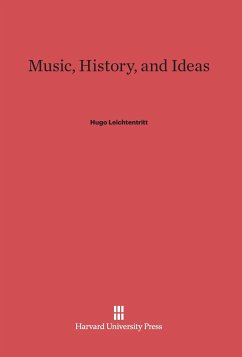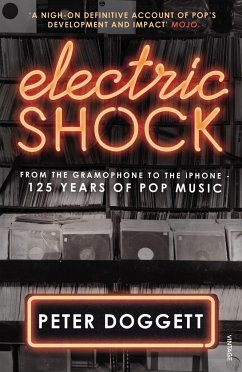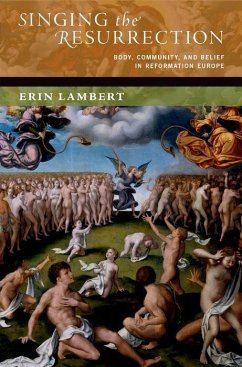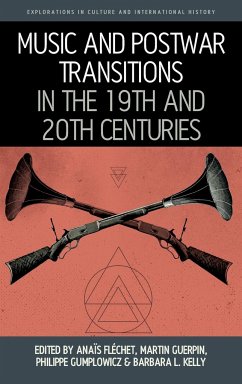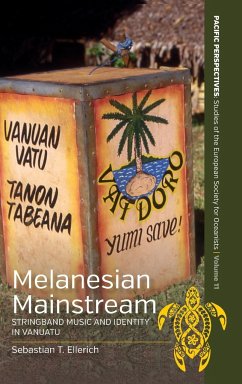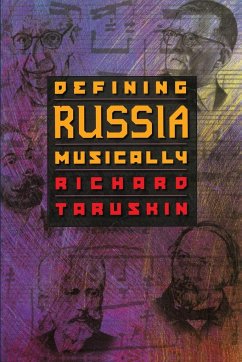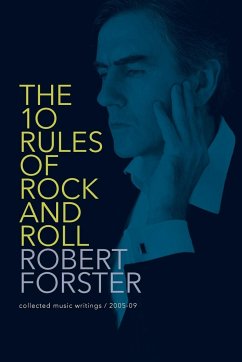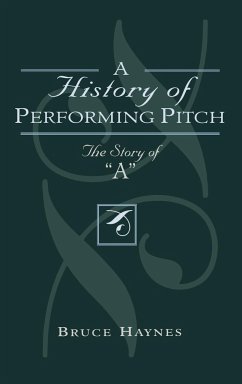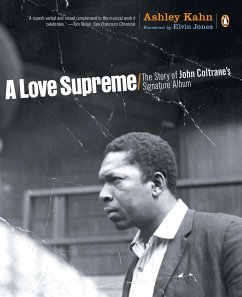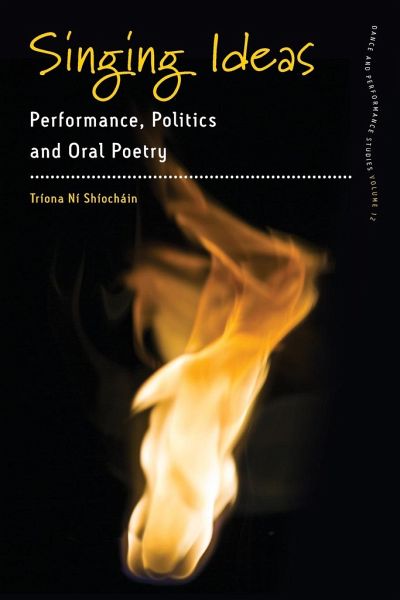
Singing Ideas
Performance, Politics and Oral Poetry

PAYBACK Punkte
19 °P sammeln!
Considered by many to be the greatest Irish song poet of her generation, Máire Bhuí Ní Laeire (Yellow Mary O'Leary; 1774-1848) was an illiterate woman unconnected to elite literary and philosophical circles who powerfully engaged the politics of her own society through song. As an oral arts practitioner, Máire Bhuí composed songs whose ecstatic, radical vision stirred her community to revolt and helped to shape nineteenth-century Irish anti-colonial thought. This provocative and richly theorized study explores the re-creative, liminal aspect of song, treating it as a performative social p...
Considered by many to be the greatest Irish song poet of her generation, Máire Bhuí Ní Laeire (Yellow Mary O'Leary; 1774-1848) was an illiterate woman unconnected to elite literary and philosophical circles who powerfully engaged the politics of her own society through song. As an oral arts practitioner, Máire Bhuí composed songs whose ecstatic, radical vision stirred her community to revolt and helped to shape nineteenth-century Irish anti-colonial thought. This provocative and richly theorized study explores the re-creative, liminal aspect of song, treating it as a performative social process that cuts to the very root of identity and thought formation, thus re-imagining the history of ideas in society.




